Trust at Work - and Why it Matters
Where a working relationship is under strain, often a less-than-tangible culprit is to blame. Sure, missing a deadline or forgetting to follow-up with someone ruffles feathers - but take a step back and it's clear that the bigger issue is the t-word: Trust.
In the business world, trust is rarely talked about but always in demand. In cases where colleagues aren’t collegial, often some element of trust is lacking.
So how you pin down as broad and amorphous a concept as trust and make it work for you? How do you apply it at work?
We love the “trust equation” and so do our clients. It’s a simple framework for gauging where trust is strong, revealing where it’s lacking, and beginning to address any trust deficit (in a way that involves absolutely no trust falls).
The Trust Equation
The trust equation or “trust quotient” is based on a 2010 study of 12,000 people. Participants were asked to score themselves and others on a variety of trust-related qualities.
Among other things, the results found that trustworthiness can be broken down into three broad sets of traits (credibility, reliability, and intimacy), all of which are undermined by perceptions of self-interest or “self-orientation.”
Breaking it Down
Credibility refers primarily to what we say to each other. For example: “I can trust what he says about intellectual property; he’s very credible on the subject.” “She has an MBA and a ton of experience in business - I trust her insights.” On the other hand, if someone repeatedly gives you poorly considered or inaccurate information, you’re unlikely to trust them.
Reliability is more about what we do. For example: “If she says she’ll be there, she will be there. I trust her because she’s dependable.” It’s easy to erode one’s reliability score - even with the best of intentions. How often do you promise to follow-up with someone “by the end of week,” before realizing that it’s Thursday already and you’ll be in meetings all day? By missing deadlines and letting people down, you erode their trust in you.
Intimacy is the one of these elements that’s not like the others. In this context, intimacy refers to the security or comfort level we have when entrusting someone with something. For example, “I confide in her because she’s never violated my trust before and she’d never embarrass me.” “When he asks how I’m doing, he actually listens - he remembers things I’ve told him and we have a connection that’s not just about meeting the next deadline.” “I feel comfortable confiding in that person.” When we connect with someone in a way that strays (a little) beyond the usual work context, we tend to place greater trust in them.
Combined, these three elements make for a working relationship that’s bolstered by trust and more effective as a result. But to keep things interesting, all three concepts are undermined by one: self-orientation.
Self-orientation or self-interest is about whether the person’s primary focus is on their own interests or on those of others. For example, “I want to trust him, but he works on commission – so he’s not necessarily acting in my best interests.” Or “She only comes to me when she needs something for herself; it’s always a one-sided interaction.”
Other signs of self interest at work include:
taking credit for other people’s ideas and contributions,
interrupting people,
repeatedly failing to ask “how are you?” or “is this a good time to talk?”
putting lengthy meetings on people’s calendars without notice,
dominating discussion at meetings (and beyond)
The antidote? Self-awareness. Do you truly listen to people’s answers when you ask them things? Do you share in company successes - or hog the limelight for yourself? Occasionally, we all rush things and perhaps injure other people’s feelings as a result - but the key is to keep those instances rare and to follow-up to repair any broken bridges.
Putting it into Action
A framework is as useful as you make it. So consider a colleague with whom you could get along better.
How would they grade you on each of the four traits?
One a scale of 1-10, how much would they rate you in terms of credibility, reliability, and intimacy?
How about self-interest?
Your goal is to keep the first three close to ten, and self-orientation close to one. Try it out. And tell us how it goes.
—
Pencil or Ink is an NYC-based communications company that helps individuals and businesses lead. We offer individual coaching, group workshops & facilitations, and strategic communications support. Talk to us here, here, or here.





